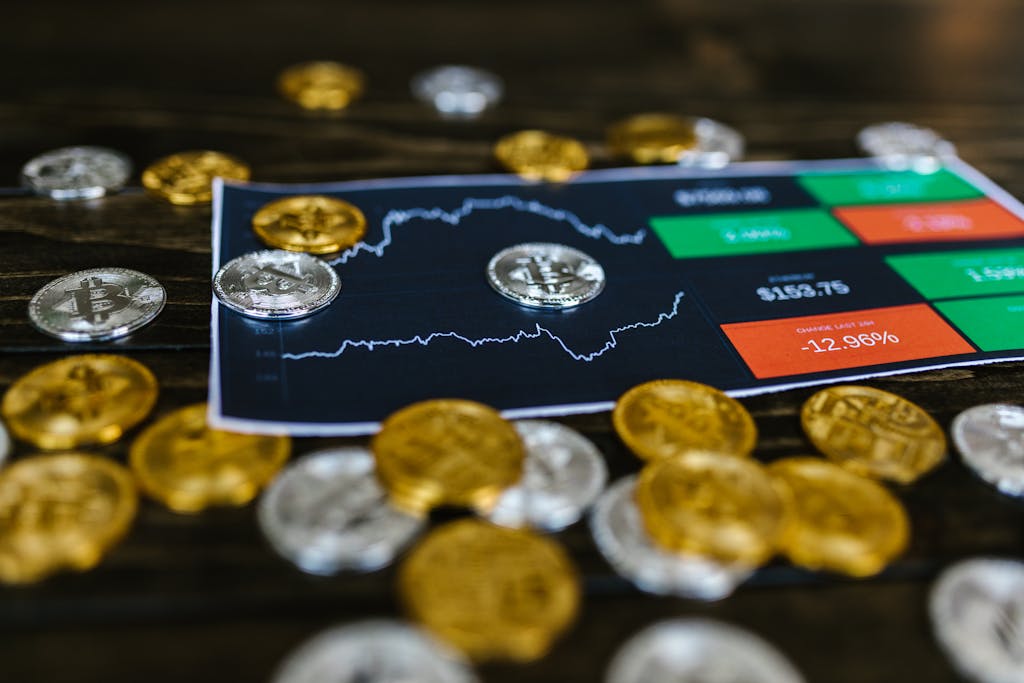In a significant move for institutional Bitcoin adoption, legendary cryptographer Adam Back has led a $2.2 million funding round in H100 Group, Sweden’s first public company to implement a Bitcoin reserve strategy. Back’s $1.5 million investment signals growing confidence in corporate Bitcoin treasury strategies, aligning with recent projections showing institutional Bitcoin holdings could reach $430B by 2026.
Strategic Investment Details
The funding round, which saw Adam Back contribute approximately 68% of the total investment, aims to accelerate H100 Group’s Bitcoin acquisition strategy. Back’s involvement is particularly noteworthy given his historical connection to Bitcoin’s development and his interactions with Satoshi Nakamoto.
Corporate Bitcoin Adoption Trends
This investment comes amid a broader trend of corporate Bitcoin adoption, with predictions suggesting corporate ownership could reach 50% by 2045. H100 Group’s initiative represents a growing movement among public companies to diversify their treasury reserves with Bitcoin.
Market Impact Analysis
The involvement of Adam Back, CEO of Blockstream and one of the most respected figures in the cryptocurrency space, adds significant credibility to H100 Group’s Bitcoin strategy. This move could potentially influence other Scandinavian companies to consider similar treasury diversification approaches.
FAQ Section
Who is Adam Back and why is his investment significant?
Adam Back is a renowned cryptographer who created HashCash, a technology cited in the Bitcoin whitepaper. His investment carries substantial weight due to his technical expertise and historical connection to Bitcoin’s development.
What is H100 Group’s Bitcoin strategy?
H100 Group aims to systematically acquire and hold Bitcoin as part of its treasury reserves, becoming the first public company in Sweden to implement such a strategy.
How does this investment impact the broader crypto market?
This investment could catalyze increased institutional adoption in the Scandinavian region and potentially influence other public companies to consider Bitcoin treasury strategies.
Looking Ahead
The success of H100 Group’s Bitcoin strategy could serve as a blueprint for other European companies considering similar treasury diversification approaches. With Adam Back’s expertise and network, the company is well-positioned to execute its Bitcoin acquisition strategy effectively.
